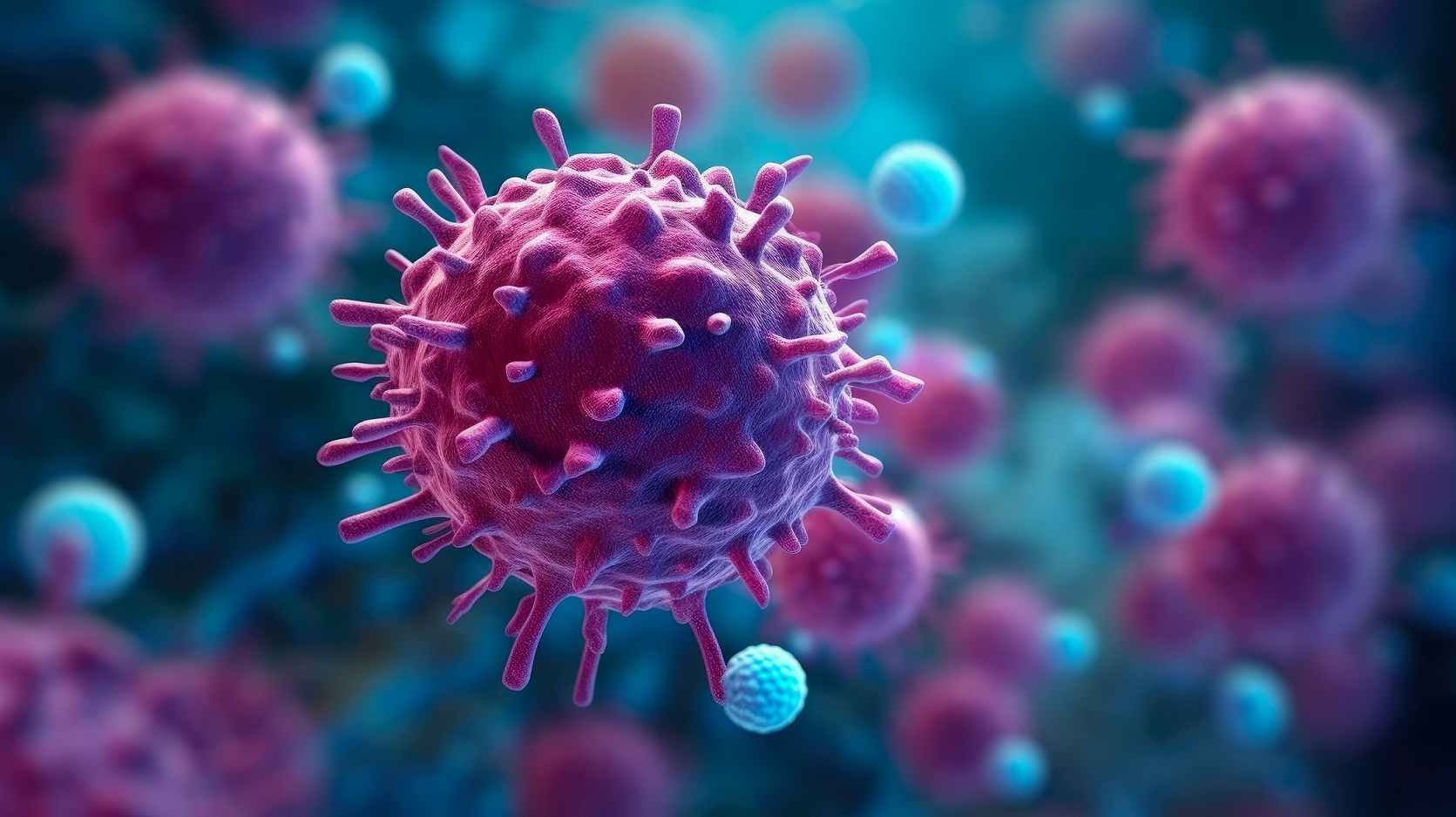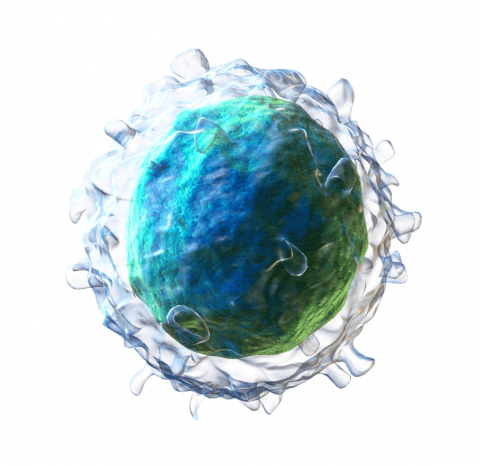A patient has been in remission from cancer for 18 years after CAR-T treatment as a child, the longest period ever described
A team of US researchers has followed some patients treated with CAR-T therapies in a small clinical trial conducted between 2004 and 2009 to treat children with neuroblastoma, a nerve cell tumor that can have a poor prognosis. At least one of them, a woman who was treated with CAR-T as a child, remains in remission 18 years later, the longest duration of such therapy described to date. The results are published in the journal Nature Medicine.

Melero - Duración (EN)
Ignacio Melero
Professor of Immunology at the University of Navarra, CIMA researcher and co-director of the Department of Immunology and Immunotherapy at the Clínica Universidad de Navarra.
It is good news that patients treated with CAR-T cells have sustained clinical benefit over time. It is worth noting that we believe that the CAR-Ts that were used more than a decade ago at Baylor College of Medicine for the treatment of neuroblastoma have now been greatly improved by engineering co-stimulus domains.
The persistence of circulating CAR-T cells for years is another data point of interest. In this trial one of the 'tricks' was that part of the lymphocytes genetically transferred to be CAR-T cells were specific for a virus that latently infects most of the population (Epstein Barr virus). This was intended to see if they had any advantage in being stimulated by viral antigens compared to CAR-Ts of unknown specificity. The advantage is not clearly demonstrated in the article, but there is some suggestive data that the Epstein Barr virus antigen-specific populations are functionally better endowed.
Neuroblastoma is a dreaded pediatric solid tumor, and that the duration of remissions obtained with treatment with anti-GD2 CAR-Ts can be so long is excellent news for the immunotherapy community.
Juan - Duración
Manel Juan
Head of the Immunology Service
This is a well-documented and good quality case study 18 years after being treated with anti-GD2 CAR-T cells. The case is proof that first-generation CARs can endure and function if the CAR-transduced T-cell has this option and without the need for co-stimulatory domains. In this case, the splitting of anti-Epstein Barr virus (EBV) T lymphocytes allows the TcR receptor to enable this survival and function for a solid tumor.
It fits with existing evidence, but underscores the importance of endogenous TcR (the importance of the patient's lymphocytes over - or alongside - the CAR-T molecule itself).
The main implication is to recapture the concept that the use of antigen-specific T lymphocytes can 'enhance' the CAR-T approach. The Baylor group had already demonstrated the 'goodness' of using VST [virus-specific T lymphocytes] in combination with CAR molecules, but here we show the highest survival case so far with a CAR-T that in addition to being first generation is against a solid tumor antigen.
The main limitation is that it is only one case of such long survival (there are others, but not as long) and that, given the success of this case, first-generation proposals are resumed. The data on the role of the anti-EBV TcR(s) do not indicate in a scientifically clear way the physiopathogenesis of this combination of receptors, the natural one (TcR) and the chimeric one (CAR).
Roldán - Superviviente (EN)
Marta María Alonso Roldán
Researcher in the Solid Tumours Programme at CIMA and the Clínica Universidad de Navarra
It is a very interesting study that focuses on long-term survival. It is a very important study, given that there is still not much evidence on this type of long-term survivor. Although it includes few patients, this does not detract from its interest and hopefully it will be the first of many.
Although this type of first-generation CAR-T is no longer used, it provides data on long survivors, from which we still have much to learn. I don't see major implications beyond knowledge generation, but it is true that it does appear that long survivors have had longer persistence of CAR-Ts. This is one of the challenges of CAR-Ts, persistence, although researchers have not probed why.
The most important limitation is the very small number of patients, as there remains the doubt that it may be something intrinsic to the patient in response to this immunotherapy. In any case, this type of study is complicated, so it has added value.
Vallina - Superviviente
Luis Álvarez-Vallina
Head of the Clinical Research Unit in Cancer Immunotherapy at CNIO-HMarBCN
This is a study documenting the case of a pediatric patient with neuroblastoma who was treated in the context of a phase 1 clinical trial with autologous T lymphocytes expressing first-generation chimeric antigen receptors (CARs) (CARs without co-stimulus domains) against GD2, and who has been in remission for more than 18 years.
These data demonstrate the safety of the strategy and suggest that CAR-T cells could provide long-term benefits in patients with some types of solid tumors.
It provides biological information on the behavior of CAR cells that could be useful in designing future studies. This is the first study to compare the efficacy and persistence of CAR-T cells generated from T lymphocytes expanded with anti-CD3 antibodies and those generated from Epstein-Barr virus-specific lymphocytes using genetic techniques. In addition, the repertoire of specific receptors (TCR) in the above-mentioned subpopulations is studied.
This is a small series with a single patient and an observational period of 18 years. To validate these findings and the potential therapeutic impact of new generation CAR-T therapies in patients with neuroblastoma and other types of solid tumors, larger series are essential.
- Research article
- Peer reviewed
- People



